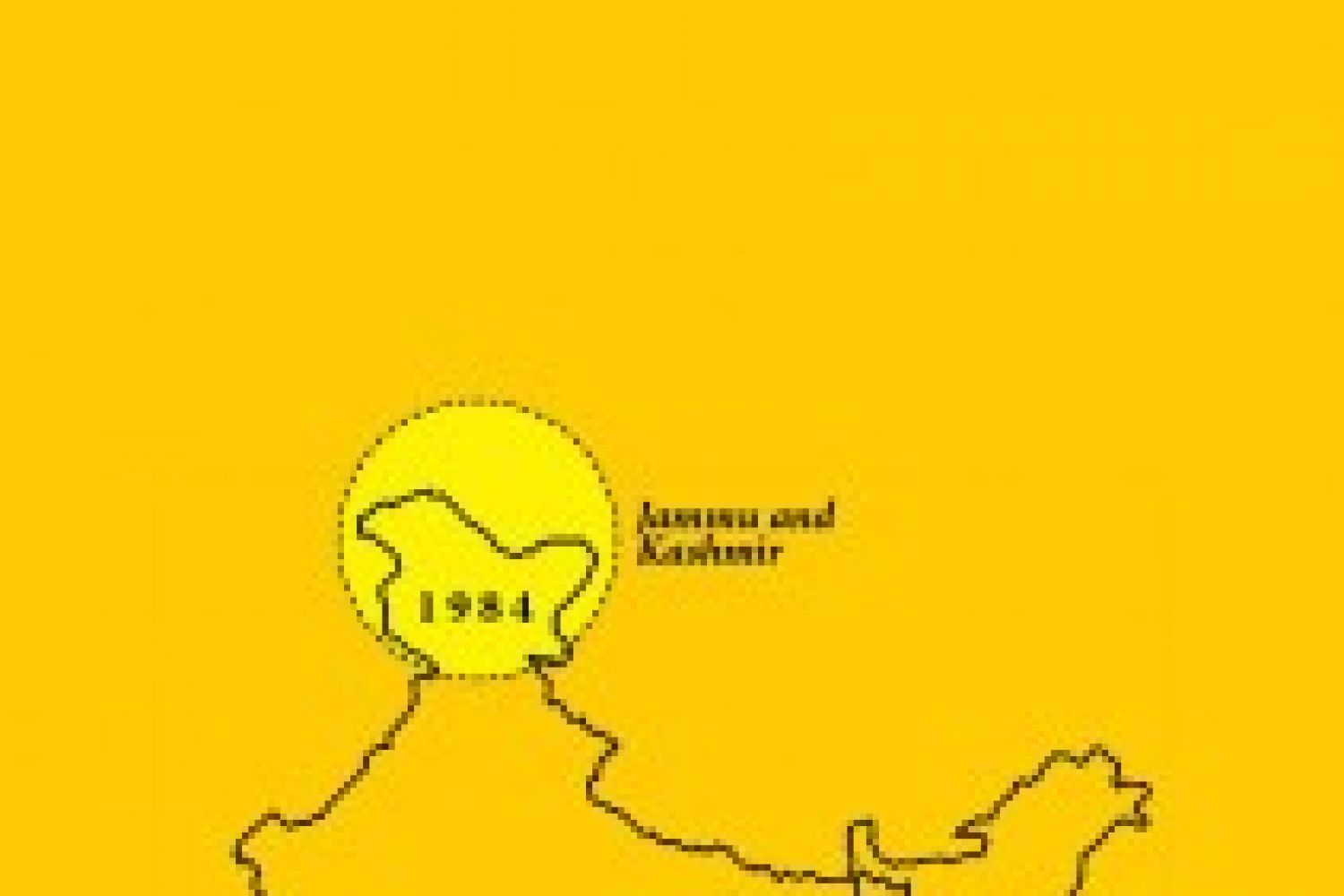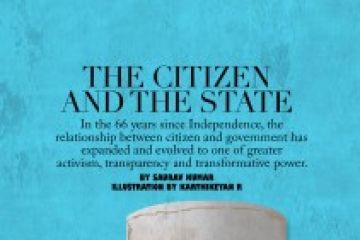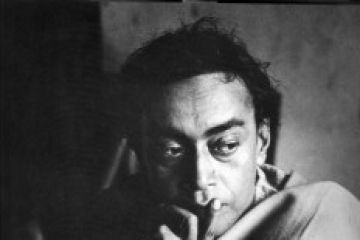
There is a historical
continuity in the separatist movement in Kashmir; just as there is one in the
Indian state’s attitude towards it. Both remain unaddressed in a majority of
the emerging literature on Kashmir—Navnita Chadha Behera’s State,
Identity & Violence (2000) and Mridu Rai’s Hindu Rulers,
Muslim Subjects (2004) being two exceptions—that reduce long and
continuing processes to a paradigm rooted in the present. This makes it seem as
if everything i





